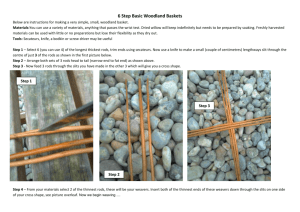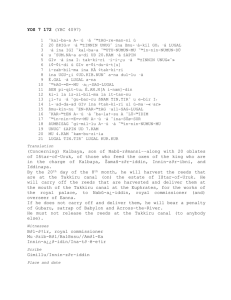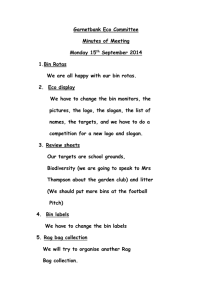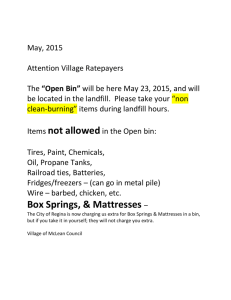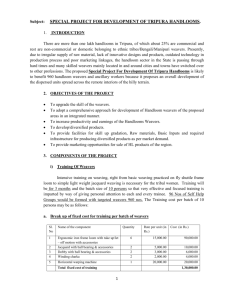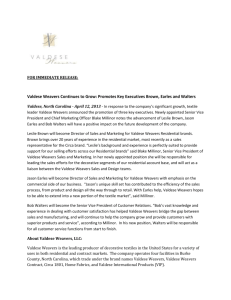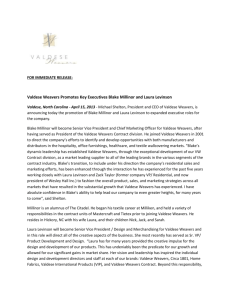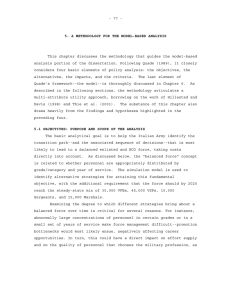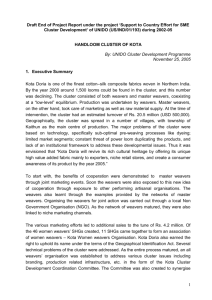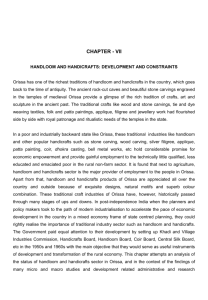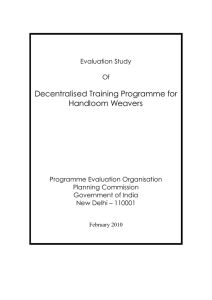BIN 2 114
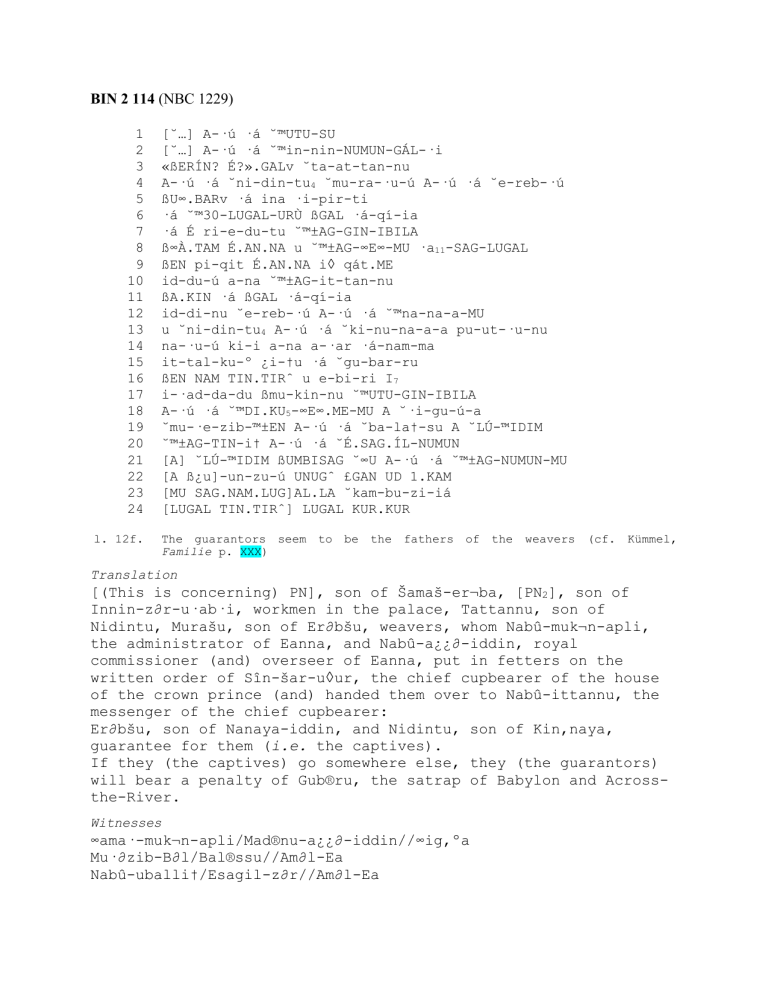
BIN 2 114 (NBC 1229)
1 [˘…] A-·ú ·á ˘™UTU-SU
2 [˘…] A-·ú ·á ˘™in-nin-NUMUN-GÁL-·i
3 «ßERÍN? É?».GALv ˘ta-at-tan-nu
4 A-·ú ·á ˘ni-din-tu
4
˘mu-ra-·u-ú A-·ú ·á ˘e-reb-·ú
5 ßU∞.BARv ·á ina ·i-pir-ti
6 ·á ˘™30-LUGAL-URÙ ßGAL ·á-qí-ia
7 ·á É ri-e-du-tu ˘™±AG-GIN-IBILA
8 ß∞À.TAM É.AN.NA u ˘™±AG-∞E∞-MU ·a
11
-SAG-LUGAL
9 ßEN pi-qit É.AN.NA i◊ qát.ME
10 id-du-ú a-na ˘™±AG-it-tan-nu
11 ßA.KIN ·á ßGAL ·á-qí-ia
12 id-di-nu ˘e-reb-·ú A-·ú ·á ˘™na-na-a-MU
13 u ˘ni-din-tu
4
A-·ú ·á ˘ki-nu-na-a-a pu-ut-·u-nu
14 na-·u-ú ki-i a-na a-·ar ·á-nam-ma
15 it-tal-ku-º ¿i-†u ·á ˘gu-bar-ru
16 ßEN NAM TIN.TIRˆ u e-bi-ri I
7
17 i-·ad-da-du ßmu-kin-nu ˘™UTU-GIN-IBILA
18 A-·ú ·á ˘™DI.KU
5
-∞E∞.ME-MU A ˘·i-gu-ú-a
19 ˘mu-·e-zib-™±EN A-·ú ·á ˘ba-la†-su A ˘LÚ-™IDIM
20 ˘™±AG-TIN-i† A-·ú ·á ˘É.SAG.ÍL-NUMUN
21 [A] ˘LÚ-™IDIM ßUMBISAG ˘∞U A-·ú ·á ˘™±AG-NUMUN-MU
22 [A ß¿u]-un-zu-ú UNUGˆ £GAN UD 1.KAM
23 [MU SAG.NAM.LUG]AL.LA ˘kam-bu-zi-iá
24 [LUGAL TIN.TIRˆ] LUGAL KUR.KUR
l. 12f. The guarantors seem to be the fathers of the weavers (cf. Kümmel,
Familie p. XXX)
Translation
[(This is concerning) PN], son of Šamaš-er¬ba, [PN
2
], son of
Innin-z∂r-u·ab·i, workmen in the palace, Tattannu, son of
Nidintu, Murašu, son of Er∂bšu, weavers, whom Nabû-muk¬n-apli, the administrator of Eanna, and Nabû-a¿¿∂-iddin, royal commissioner (and) overseer of Eanna, put in fetters on the written order of Sîn-šar-u◊ur, the chief cupbearer of the house of the crown prince (and) handed them over to Nabû-ittannu, the messenger of the chief cupbearer:
Er∂bšu, son of Nanaya-iddin, and Nidintu, son of Kin‚naya, guarantee for them ( i.e. the captives).
If they (the captives) go somewhere else, they (the guarantors) will bear a penalty of Gub®ru, the satrap of Babylon and Acrossthe-River.
Witnesses
∞ama·-muk¬n-apli/Mad®nu-a¿¿∂-iddin//∞ig‚ºa
Mu·∂zib-B∂l/Bal®ssu//Am∂l-Ea
Nabû-uballi†/Esagil-z∂r//Am∂l-Ea
Scribe
Gimillu/Nabû-z∂r-iddin//øunzû
Place and date
Uruk, 1 st day of the 9 th month, year […] of Cambyses, king of
Babylon, king of the lands.
Cornelia’s comments:
BIN 2 114
From the time of Cambyses. Staightforward. Some people have been put in fetters by the Nabu twins on instruction of another royal official, chief cupbearer of the house of the crown prince, but that is not terribly important to this case. Now two people have to guarantee that the guys in fetters don’t disappear. And these two people seem to be or could be the fathers of two of the delinquents. What she understands that these people will be transferred somewhere else. So long as they are not yet shipped off, the guarantors have to make sure that they don’t disappear.
Rachel and Bruce’s old remarks:
In BIN 2 114, four weavers have been placed in fetters by Nabu-mukin-apli and Nabuah
h
e-iddin on the order of Sin-šar-us
ur, the chief cupbearer of the house of the crown prince.
1
They have also turned the four weavers over to Nabu-iddannu, the messenger of the chief cupbearer. The document states that two men, who are the fathers of two of the weavers, have responsibility for ensuring that the weavers do not escape, presumably, as they are taken to Sin-
šar-us ur. The tablet provides that if the weavers “have gone to another place,” the two fathers will “bear a sin of Gobryas.” Thus, such failure on the part of the fathers would constitute a violation of an administrative order.
YOS 7 178 is similar.
2
There, the court orders four men to assume joint responsibility for a shackled defendant. Unlike BIN 2 114, this record does not tell us whether there is any relationship between the defendant and these men. Regardless, the court requires that, when the
1
See the Appendix for an edition of this text.
2
See Dougherty, “Suretyship,” 94-95.
high-ranking temple official Nabu-mukin-apli issues a summons,
3
the men will bring and deliver the defendant in iron shackles. If the latter “goes to another place,” each of the four men will bear a sin of Gobyras. Again, the issue at hand is related to the administrative apparatus of the justice system.
3 Dougherty notes that the idiom rēša našû (literally, “to lift up the head”) conveys the idea of summoning (“Suretyship,” 98 n. 1). This idiom is used throughout the Neo-Babylonian period. See, e.g., BIN 1 113, TCL 13 151, TCL 13 154, YOS 6 191, YOS 6 214, and YOS 7 144.
For more on the judicial summons, see Magdalene, “On the Scales,” 71-72.


